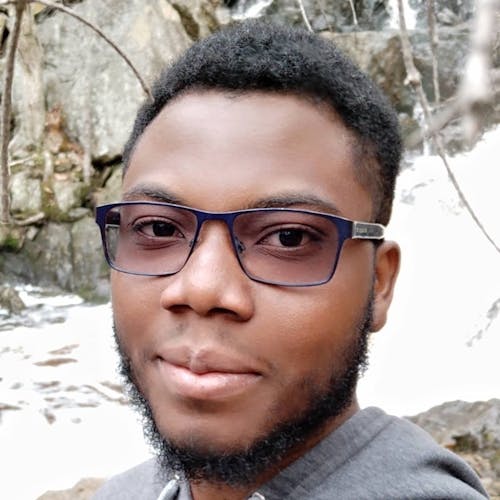Abstract: Molecular dynamics (MD) simulation is a widely used technique to simulate molecular systems, most commonly at the all-atom resolution where the equations of motion are integrated with timesteps on the order of femtoseconds. MD is often used to compute equilibrium properties, which requires sampling from an equilibrium distribution such as the Boltzmann distribution. However, many important processes, such as binding and folding, occur over timescales of milliseconds or beyond, and cannot be efficiently sampled with conventional MD. Furthermore, new MD simulations need to be performed from scratch for each molecular system studied. We present Timewarp, an enhanced sampling method which uses a normalising flow as a proposal distribution in a Markov chain Monte Carlo method targeting the Boltzmann distribution. The flow is trained offline on MD trajectories and learns to make large steps in time, simulating the molecular dynamics of nanoseconds. Crucially, Timewarp is transferable between molecular systems: once trained, we show that it generalises to unseen small peptides (2-4 amino acids), exploring their metastable states and providing wall-clock acceleration when sampling compared to standard MD. Our method constitutes an important step towards developing general, transferable algorithms for accelerating MD.
Bio: Leon Klein is a fourth-year Ph.D. student at Freie Universität Berlin, where he is part of the AI4Science group under the guidance of Frank Noé.
In 2022, Leon seized the valuable opportunity to make significant contributions as a visiting researcher with the AI4Science team at Microsoft Research.Andrew Foong is a senior researcher at Microsoft Research, working as part of the AI4Science program. He previously did his PhD at the Computational and Biological Learning Lab at Cambridge University. His interests are broadly at the intersection of probabilistic modelling and deep learning.




